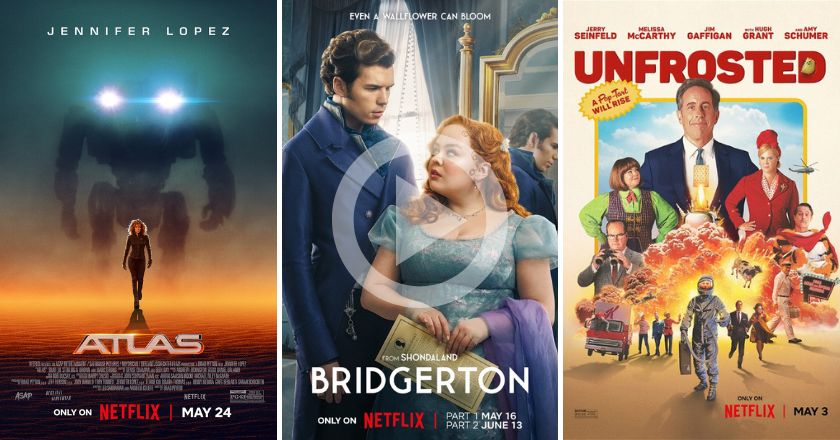
There is a moment where Norma Rae takes a stand at her workplace, holding a sign in the air that reads “Union”. As she maintains her position for several minutes, she scours the room in a voiceless plea for her co-workers to stand with her. Hundreds of fearful labourers watch on with trepidation, and eventually – one by one – the machines are switched off. What began as a loud industrial environment is reduced to complete silence. And it is this moment where Sally Field earned herself an Oscar. Not a word is spoken, nor does she move… and yet the raw emotion coming from her is palpable.
Field’s entire performance is a tour-de-force and Norma Rae remains a powerful story of industrial action. Set amidst a small community in Carolina, the film follows our titular character as she rallies against her employer to secure better wages and rights for her workmates. With the textile industry being the last non-unionised industry in the country, she follows the lead of a union organiser from New York, Reuben (Ron Leibman), in rallying the town to institute change. Reuben is a frontline man for the Trade Workers Union, travelling across the country to infiltrate textile mills. He sees a spark in Norma that he knows he can exploit and from the moment he gets inside her head, the course is set for a tenacious battle.
Norma Rae was made in 1979, and it found itself placed in an era of similarly themed films. Three years earlier Harlan Country, USA won an Oscar for Best Documentary, and other titles like Silkwood, Nine-to-Five and Gung Ho would follow. The political landscape was shifting and issues of sexism, equality and domestic violence were also becoming topics of discussion. Director Martin Ritt had previously made The Molly Maquires in 1970, which chronicled the labour movement in the mining industry, and with Norma Rae he continued to examine the exploitation of the working class, while also tackling those aforementioned issues.

Sally Field presents a hard-working, strong-willed and loving mother, yet beneath those admirable qualities are some less than desirable ones… or at least as the small-minded town folk see it. She has the reputation of being a harlot, and by her own admission has slept with almost every guy in town. Each of her three children has a different father, and the men she does choose to spend time with all express their love with the back of the hands. Her own father even scolds her like a child, forbidding her to socialise or see men. And yet regardless of people trying to bring her down, Norma ignores all of them and lives her life by her own rules, often at her own detriment.
The film is inspired by the true story of Crystal Lee Sutton, whose own activism lasted much longer and saw her suffer immense torment throughout two decades of campaigning against her employer. Hers is a much more complex and arduous ordeal that isn’t represented verbatim in Norma Rae. Instead, the film takes the fundamental aspects of her fight and marries them with other social issues to present a profound statement about racism, sexism and fair pay.
Of course, by today’s standard the film lacks the punch that we might come to expect, and much of its depiction of appropriate conduct towards women finds itself outdated and no longer acceptable. This will be confronting for some modern viewers who subscribe to the recent #metoo and #timesup movements, however Norma Rae provides an important snap-shot of past social standards and highlights how far we have come when, without context, that might not have seemed far at all.

Sally Field delivers an important contribution to cinema as a strong woman who stands up against the tyranny of big business, as well as an embattled wife and mother whose home duties are never done. It is a performance worthy of its Oscar.
The rest of the cast provide sturdy support, with Rob Leibman giving a charismatic and dogged turn as the Jewish guy from New York attempting to rally a community of racists and bigots. It is an understated and captivating performance, reminiscent of Jason Miller’s character in The Exorcist. They may be contrasting characters, yet the nuances and subtlety of their delivery is very much cut from the same fabric, if you will excuse the pun. As Norma’s daily fight is pitted against chauvinists and gossip, Reuben’s is against racists and corporate bullying. Together they’re a formidable pair; a union unto themselves of which a working-class audience can relate. Beau Bridges co-stars as Norma’s husband and he offers a fantastic performance with its own level of depth that begs to be explored further. Other notable players include Pat Hingle, Frank McRae, Barbara Baxley and Grace Zabriskie.
Norma Rae is a powerful film from a time when social expectations were evolving and industrial action began to encompass new standards, and it laid the groundwork for subsequent films like North Country, Erin Brockovich and Made in Dagenham. It also showcases the talent of the legendary Sally Field, proving why she’s one of the greatest actresses of her generation.







